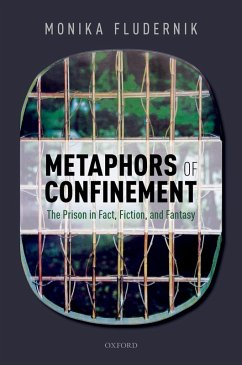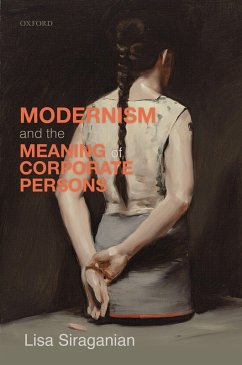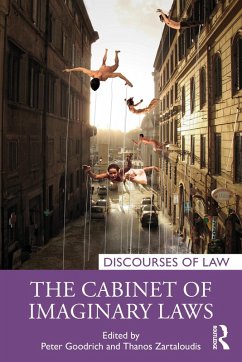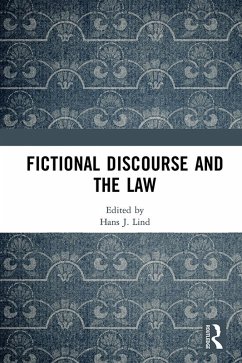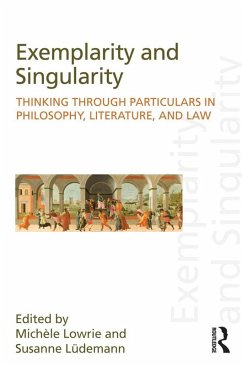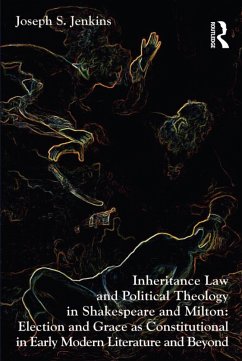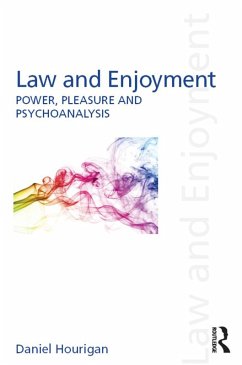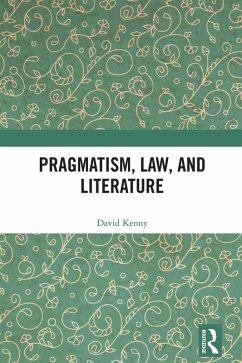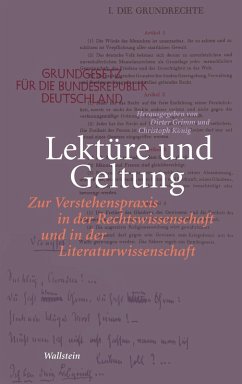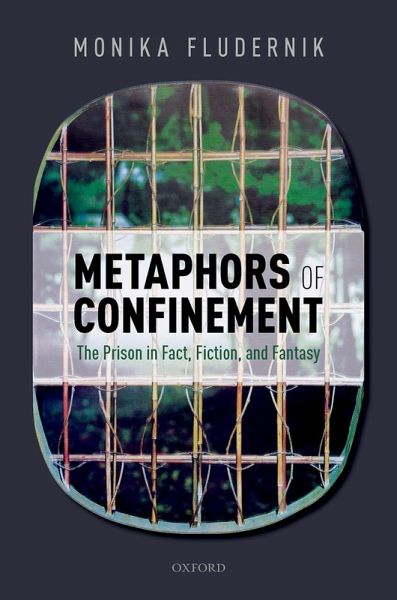
Metaphors of Confinement (eBook, PDF)
The Prison in Fact, Fiction, and Fantasy
Versandkostenfrei!
Sofort per Download lieferbar
63,95 €
inkl. MwSt.
Weitere Ausgaben:

PAYBACK Punkte
32 °P sammeln!
Metaphors of Confinement: The Prison in Fact, Fiction, and Fantasy offers a historical survey of imaginings of the prison as expressed in carceral metaphors in a range of texts about imprisonment from Antiquity to the present as well as non-penal situations described as confining or restrictive. These imaginings coalesce into a 'carceral imaginary' that determines the way we think about prisons, just as social debates about punishment and criminals feed into the way carceral imaginary develops over time. Examining not only English-language prose fiction but also poetry and drama from the Middl...
Metaphors of Confinement: The Prison in Fact, Fiction, and Fantasy offers a historical survey of imaginings of the prison as expressed in carceral metaphors in a range of texts about imprisonment from Antiquity to the present as well as non-penal situations described as confining or restrictive. These imaginings coalesce into a 'carceral imaginary' that determines the way we think about prisons, just as social debates about punishment and criminals feed into the way carceral imaginary develops over time. Examining not only English-language prose fiction but also poetry and drama from the Middle Ages to postcolonial, particularly African, literature, the book juxtaposes literary and non-literary contexts and contrasts fictional and nonfictional representations of (im)prison(ment) and discussions about the prison as institution and experiential reality. It comments on present-day trends of punitivity and foregrounds the ethical dimensions of penal punishment. The main argument concerns the continuity of carceral metaphors through the centuries despite historical developments that included major shifts in policy (such as the invention of the penitentiary). The study looks at selected carceral metaphors, often from two complementary perspectives, such as the home as prison or the prison as home, or the factory as prison and the prison as factory. The case studies present particularly relevant genres and texts that employ these metaphors, often from a historical perspective that analyses development through different periods.
Dieser Download kann aus rechtlichen Gründen nur mit Rechnungsadresse in A, B, BG, CY, CZ, D, DK, EW, E, FIN, F, GR, HR, H, IRL, I, LT, L, LR, M, NL, PL, P, R, S, SLO, SK ausgeliefert werden.




